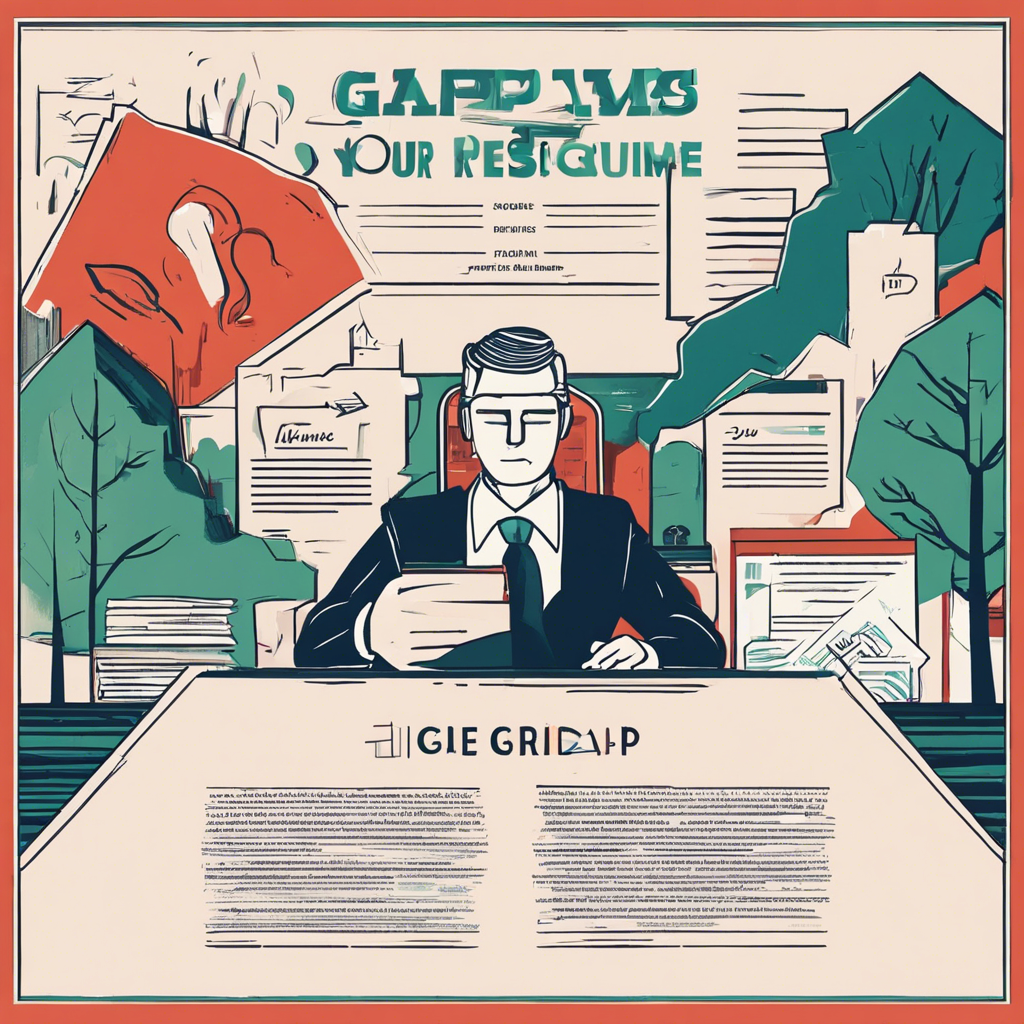Are you looking at your resume with trepidation, worried that those periods of unemployment or sudden career shifts might raise some questions? Don’t fret; you’re not alone in facing these challenges. Many job seekers grapple with how to present these intervals of inactivity or unconventional career paths on their resumes. But fear not! There are effective strategies to address these gaps and ensure that your resume still shines brightly.
The first step is to recognize that employment gaps are not necessarily deal-breakers in the eyes of hiring managers. Life happens, and employers understand that job seekers may have legitimate reasons for time away from the workforce. Perhaps you took time off to care for a family member, went back to school to enhance your skills, traveled to gain cultural experiences, or engaged in volunteer work to contribute to a cause close to your heart. Whatever the reason, the key is to address these gaps honestly and frame them in a positive light. Consider this an opportunity to showcase your ability to navigate life’s twists and turns while maintaining a forward trajectory. For instance, if you took time off for caregiving, emphasize the development of soft skills like empathy, time management, and organizational prowess, which are highly valued in many work environments. If you embarked on a journey to foreign lands, highlight the enhanced cultural sensitivity and adaptability you gained, which can be invaluable in today’s global business landscape.
So, how do you incorporate these explanations into your resume? Consider adding a ‘Professional Summary’ section at the top of your resume, which provides a brief overview of your career and includes a concise, positive statement about any gaps. For example, “Following a period of international travel during which I immersed myself in different cultures, I am eager to apply this broadened perspective and adaptability in a dynamic work environment.” You can also weave explanations into your cover letter, providing a more detailed narrative of your experiences and how they have prepared you for the role you’re seeking. Remember, honesty is crucial, but it’s equally important to remain confident in the value you bring to the table. Be prepared to discuss these experiences positively during interviews, showcasing your resilience and ability to thrive in various circumstances.
